In an 1891 article, published by The Asheville Daily Citizen, an unnamed writer shared his visions from a recent dream wherein he time-traveled to 1950.
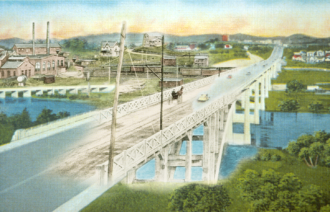

In an 1891 article, published by The Asheville Daily Citizen, an unnamed writer shared his visions from a recent dream wherein he time-traveled to 1950.

After nearly a decade’s worth of research, local author Anne Chesky Smith celebrates the publication of her new book, Murder at Asheville’s Battery Park Hotel: The Search for Helen Clevenger’s Killer.

The South Slope Neighborhood Association has created an exhibit of six weatherproof panels that chronicle important topics and people from far before the current food and beverage boom.
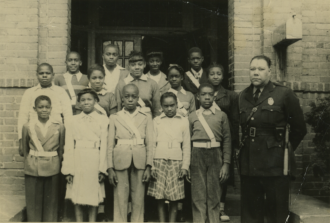
In 1946, at the urging of local residents, the city of Asheville hired its first two Black officers.
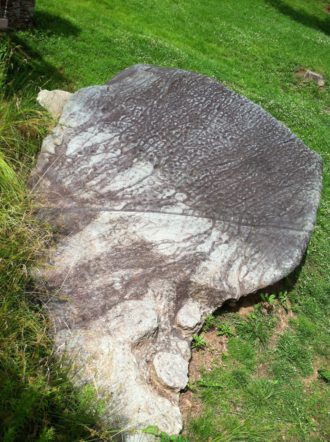
A tribal historian with the Eastern Band of Cherokee Indians, a local author and a Western Carolina University biology professor share thoughts on the Jackson County landmark, which bears some carvings thought to predate the recorded history of the Cherokee.
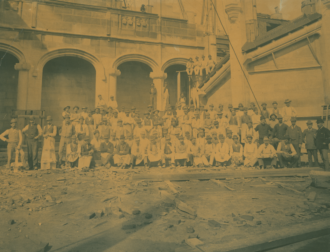
On Sept. 14, 1891, the Asheville Daily Citizen falsely reported that roughly 600 Black workers nearly broke out into a riot at the Biltmore Estate. Subsequent letters to the editor refuted the paper’s unfounded claims.
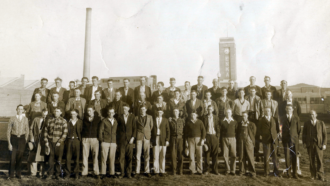
Demanding higher wages, better working conditions and paid time off, workers at American Enka went on strike in late March 1941.
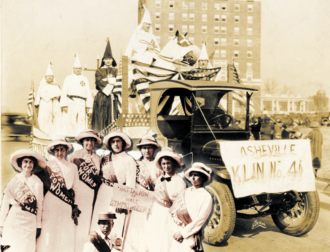
In the summer of 1920, local residents disputed the merits and perceived risks associated with the passage of the 19th Amendment. Racism, rather than sexism, was a key factor on both sides of the argument.
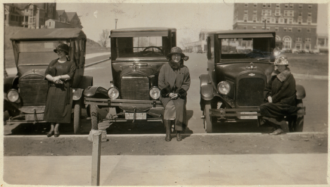
In 1925, as more motorists flooded the roads, local residents sought solutions to the city’s growing traffic problems.
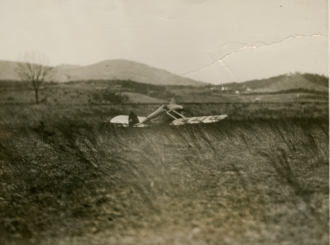
In 1949, a military plane made an emergency landing in West Asheville. The craft remained grounded for five weeks before the Army produced the necessary resources for a successful takeoff.
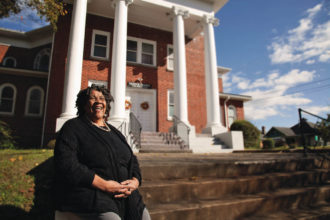
The Asheville-based photographer established the James Vester Miller Historic Walking Trail to honor her master brickmason grandfather’s numerous local buildings.
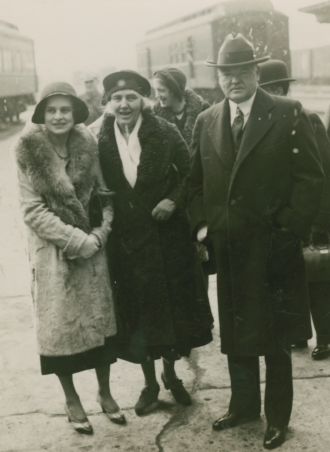
For six months, Herbert Hoover Jr. lived in Asheville. During his stay, residents and reporters alike eagerly awaited a visit from his father, the president of the United States of America.
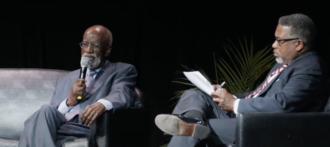
The speaker series is part of a three-phase process to create and empower a joint Asheville-Buncombe County Reparations Commission. Once formed, the commission would be tasked with making short-, medium- and long-term recommendations to repair the damage caused by public and private systemic racism.
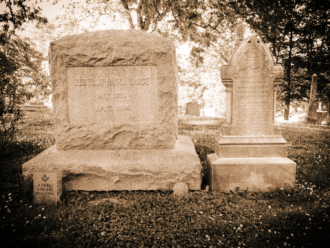
Zebulon Vance died on April 14, 1894. For a brief six weeks, his remains lay peacefully inside Riverside Cemetery. But by early June, a dispute among surviving family resulted in his remains being exhumed and relocated before eventually being returned to his original resting place.
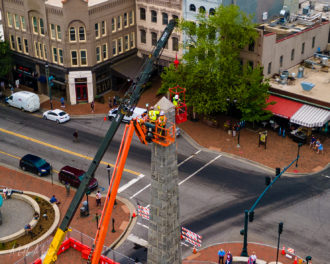
Work started May 17, and demolition of the 123-year-old monument to Zebulon Baird Vance in downtown Asheville is expected to take two weeks to complete, says city spokesperson Polly McDaniel. Costs to take down the structure block by block will reach roughly $114,000, while an additional $25,500 has been allocated for site restoration following the monument’s removal.
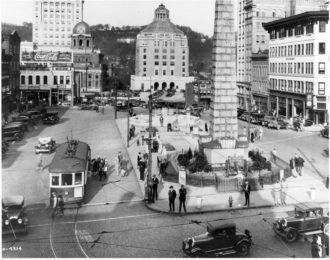
In a Jan. 11, 1932, report, E. Grace Miller, the executive secretary of the Asheville Associated Charities, declared, “Never before have the people of Asheville realized to such an extent that the problem of the unfortunate people of this community are their problems too.”
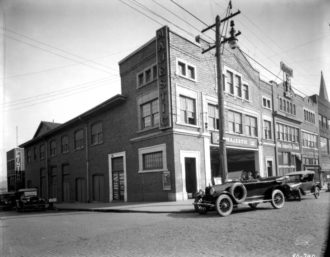
In 1913, the Majestic Theater opened on the corner of Market and College streets. Some residents bemoaned its early productions as vile and crude, while others cheered them on.
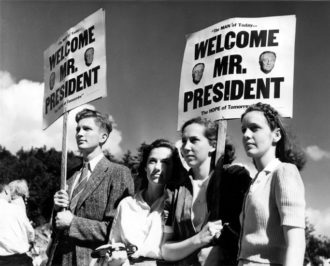
On September 9, 1936, President Franklin Delano Roosevelt arrived in Knoxville, Tenn. He and his team traversed the Great Smoky Mountains National Park on their way to Asheville, where the commander-in-chief delivered a speech to a crowd of 20,000 people at McCormick Field.

Amanda Wray continues to expand the LGBTQIA+ Archive of Western North Carolina.
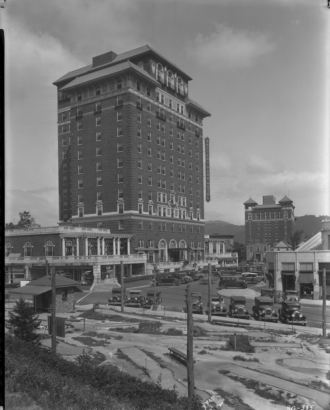
Amid the Great Depression, thousands in Asheville and across the country took to the greens to try their hand at miniature golf.
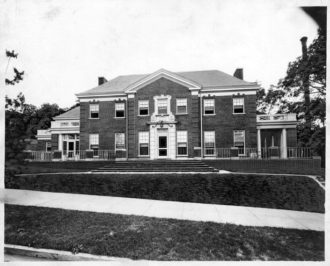
Starting in 1917, the Asheville Club for Women began raising funds to finance a clubhouse. But World War I and the subsequent economic recession derailed the group’s plans.